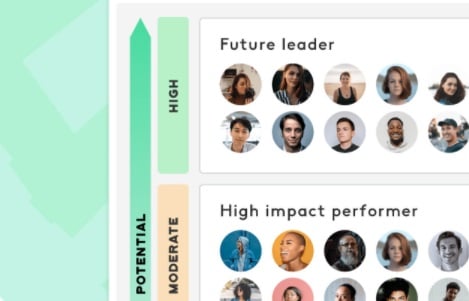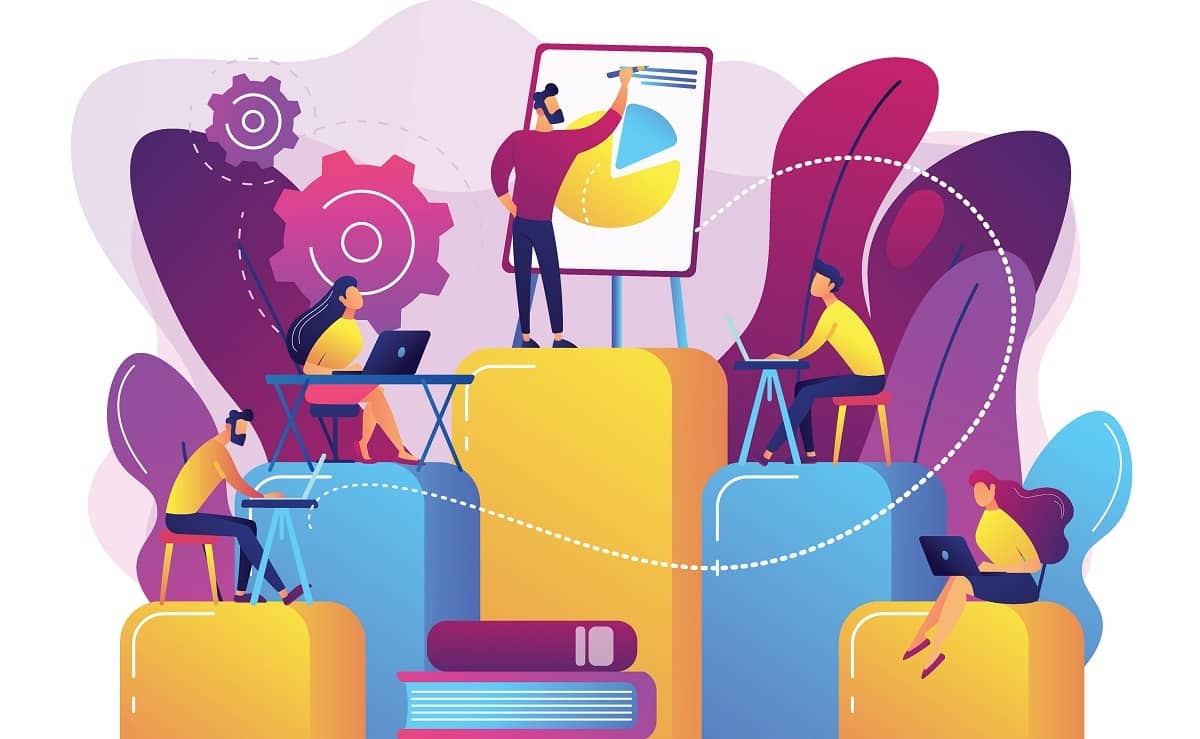You can’t assess your employees or potential candidates without thinking about hard skills. They tell us if an individual has the knowledge and abilities required to perform a specific function within an organisation.
Below, we will explain what they are, why they are important, which are the most sought-after hard skills and how technology can help us measure them.
The current context
Hard skills are nothing new. They are simply the specialist knowledge and technical skills that an employee possesses. The term itself, however, has become fashionable thanks to a focus on the other side of the coin: soft skills, which are related to an individual’s innate character traits.
Companies have been placing more importance on soft skills in recent years, seeing them as what really sets one employee apart from another. At the same time, this has also made HR experts take a closer look at hard skills.
Hard skills and soft skills are both equally important for employees and companies. Employees should nurture these skills, while companies should encourage them and give the employee the tools they need to develop.
What are hard skills?
The term hard skills refers to all the technical abilities or knowledge that can be obtained through education and work experience to complete a specific task. For example, language proficiency, web programming, tool handling, etc.
Also known as technical skills, they are specific and relevant to the job role and level of responsibility. While an accountant needs to know how to reconcile a bank statement, a programmer would probably find this skill irrelevant in their day-to-day work. So, each position in a company will need its own list of specific hard skills.

The importance of hard skills
Hard skills are important because they demonstrate an employee's technical expertise, which is particularly relevant for certain professions.
HR teams should pay particular attention to these skills as they define a candidate’s specialist area and indicate if they possess sufficient experience and knowledge.
For example, if they are looking to hire a web developer, their first step will be to check the programming languages listed on their CV to see if they match the company needs.
Hard skills are an employee’s showcase which enables them to differentiate themselves from the rest.
The difference between hard skills and soft skills
Employee profiles are made up of what we call hard skills, the abilities that can be learned and demonstrated, and those known as soft skills. The latter are interpersonal skills intrinsic to an individual’s character, or, if you like, the skills we are born with.
Hard skills, therefore, are abilities acquired through training, while soft skills are personal talents that someone develops naturally from a young age. So, we’re talking about empathy, leadership, communication skills, teamworking, etc.
Assessing soft skills has become a top priority in recruitment, as although companies are looking for competent, qualified employees, they also want people who will contribute to a positive work environment and identify with the organisation's philosophy.
Another difference between hard and soft skills is that, although hard skills are easy to acquire through training, soft skills are innate characteristics. They can be worked on, but require much more effort.
Finally, hard skills are much easier to identify and measure than soft skills. We need to design systems and use specialised technology to assess soft skills for each employee.
|
HARD SKILLS
|
SOFT SKILLS
|
|
- Specific and quantifiable knowledge and abilities.
|
- Attributes that cannot be quantified or formally demonstrated.
|
|
- Can be proved with qualifications, certificates, or portfolios.
|
- Evaluating soft skills without the necessary means is entirely subjective.
|
|
- Examples: programming, languages, tool handling.
|
- Examples: leadership, creativity, communication skills.
|
How technology can help you analyse your employees’ hard skills
Analysing your employees’ hard skills is simple, as long as they have qualifications or certificates from the courses they have completed. However, it is becoming more common for employees to acquire self-taught skills by their own means.
In these cases, the best way to check an employee’s or candidate’s level is to do a test. In this way, we can measure and assess their knowledge on a certain topic objectively, while also comparing against the others.
All this information can be entered into HR software to create a competency matrix. This table helps us visualise the skills demonstrated by a company’s employees. Normally this includes all the relevant competencies, both those that are available and those the team does not have. It is a very useful and visual tool for completing a competency analysis.
 Kenjo Interface
Kenjo Interface
The most in-demand hard skills
We have put together a list of the most in-demand hard skills for 2020, based on a recent Linkedin study:
Blockchain
Do you have blockchain experience? If so, you have the most sought-after skill in the UK, US and Australia. Blockchains decentralise system management and eliminate intermediaries, which prevents fraud and maintains anonymity for those involved. However, blockchain specialists are few and far between.
Cloud computing
The cloud is a network used for data storage which can be accessed via an internet connection. It is the system that supports Google Apps, for example, as well as Gmail, iCloud and many other services we use on a daily basis. And it is still growing.
Analytical reasoning
In the technological field, data analysis and interpretation are highly prized skills. Companies are on the lookout for professionals who know how to apply statistical methods to extract valuable information from a set of data.

Artificial Intelligence
Artificial Intelligence expertise is one of the fastest-growing skills on Linkedin, with an increase of 190% between 2015 and 2017. We are entering a new phase in which many technologies are now based on Artificial Intelligence or machine learning.
UX design
These days, user experience (UX) has to be top of mind for all types of web or application design. Many designers are specialising in this area to create processes that help users achieve their objectives easily, while at the same time providing a positive experience with the relevant brand.
Business analysis
This is the ability to use business data to detect trends and problems and find solutions. Experts are becoming highly valued.
Affiliate marketing
Affiliate marketing is the newest in-demand skill in the field of advertising. This strategy involves attracting potential clients via trusted third-party channels.
Video production
Video content, especially for mobile devices, is seeing rapid growth. Companies are battling it out to create the most engaging and share-worthy audio-visual content for their audiences.

3 steps to improving hard skills
The exact process will vary depending on the hard skills you want to improve, but there is a basic common method with three steps:
Invest in yourself
We gain new professional skills through specialised training, courses, or programs. This means you will definitely need to invest your time, and possibly part with some money too.
The good news is that there are many different learning platforms available, including some excellent online examples, such as Coursera, Udemy and Skillshare.
Practice makes perfect
Hard skills can also be improved and perfected. With practice, we can refine our techniques and become much more competent and effective in our work.
Find a mentor
Guidance from another, more experienced professional is often a fast-track way to understanding a particular task, getting practical advice, and learning new things.


 Kenjo Interface
Kenjo Interface

